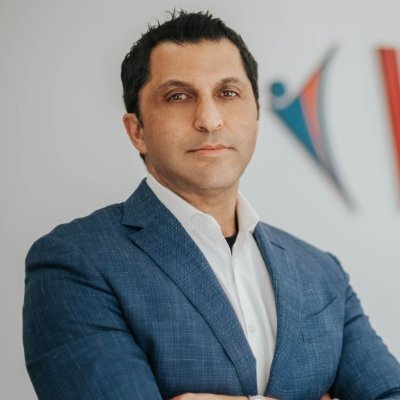In a world where we are constantly inundated with news of the latest breakthroughs in medical technology, it is easy to forget the role that pharmaceutical companies and innovators like Paul Edalat play in keeping us healthy. Likewise, we often forget that the real hero of modern medicine is the pharmaceutical industry, which doesn’t get as much attention as it should. From making new drugs to getting them on the market, these companies help us stay healthy and save lives. In this blog post, we’ll talk about the pharmaceutical industry and how its innovations have made it one of the most important parts of modern medicine.
The Pharma Industry – Its Significance
The pharmaceutical industry is an integral part of the healthcare scheme. It is a very important part of making sure that patients can get safe and effective medicines. Without the pharmaceutical industry, people would not have access to treatments that could save their lives or new medicines that could help them live longer.
The pharmaceutical industry is a global business. Pharmaceutical companies work in countries all over the world, so even people in the most remote places can get treatments that could save their lives.
Paul Edalat is a leading figure in the pharmaceutical industry. He has spent his whole career coming up with new ways to help people with serious illnesses. His work has saved many lives and made life better for millions of people around the world.
Edalat is just one of the many people in the pharmaceutical industry who work hard but don’t get much credit. Yet, these hardworking people are in charge of getting new drugs on the market that can save lives. So they should get our thanks and support.
What are some of the most important innovations in recent years?
In the past few years, there have been a lot of changes in the pharmaceutical business. One of the most important things people have done is develop new drugs and ways to treat diseases.
The way clinical trials are set up and run is another big change. Clinical trials used to be done on a small scale, and the results weren’t always accurate. Now, because of improvements in technology, clinical trials can be done on a much larger scale and are much more reliable. How drugs are marketed and sold is yet another important change in the pharmaceutical industry.
Because of these changes, the pharmaceutical industry has become better at making new drugs and treatments. Furthermore, because of this, people worldwide can get better care and live healthier lives.
Why are pharma industries and their innovative leaders still unsung heroes?
It can take years – even decades – for a new drug to make it from the laboratory to the market. In that time, there are countless opportunities for things to go wrong. So when a new drug eventually makes it to patients, it’s a testament to the skill and dedication of all those involved in its development.
Yet, even though they do important work, pharmaceutical researchers and developers rarely get the credit they deserve from the public. This is partly because most of us don’t realize how hard it is to make new medicines. Most of the time, we think of medications as simple things that can be made quickly and easily. But sometimes, reality can be far from the truth.
Think about the people who worked behind the scenes to make your medicine the next time you take it. Modern medicine would not be where it is now without them.
Conclusion
Modern medicine’s unsung heroes are still the people who work in the pharmaceutical industry and come up with new ideas. They keep looking for new ways to treat and cure diseases, which helps us all live longer and healthier lives. So, the next time you hear about a medical science breakthrough in the news, remember that people like Paul Edalat worked hard to make these things possible.
